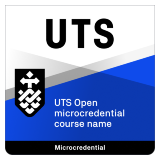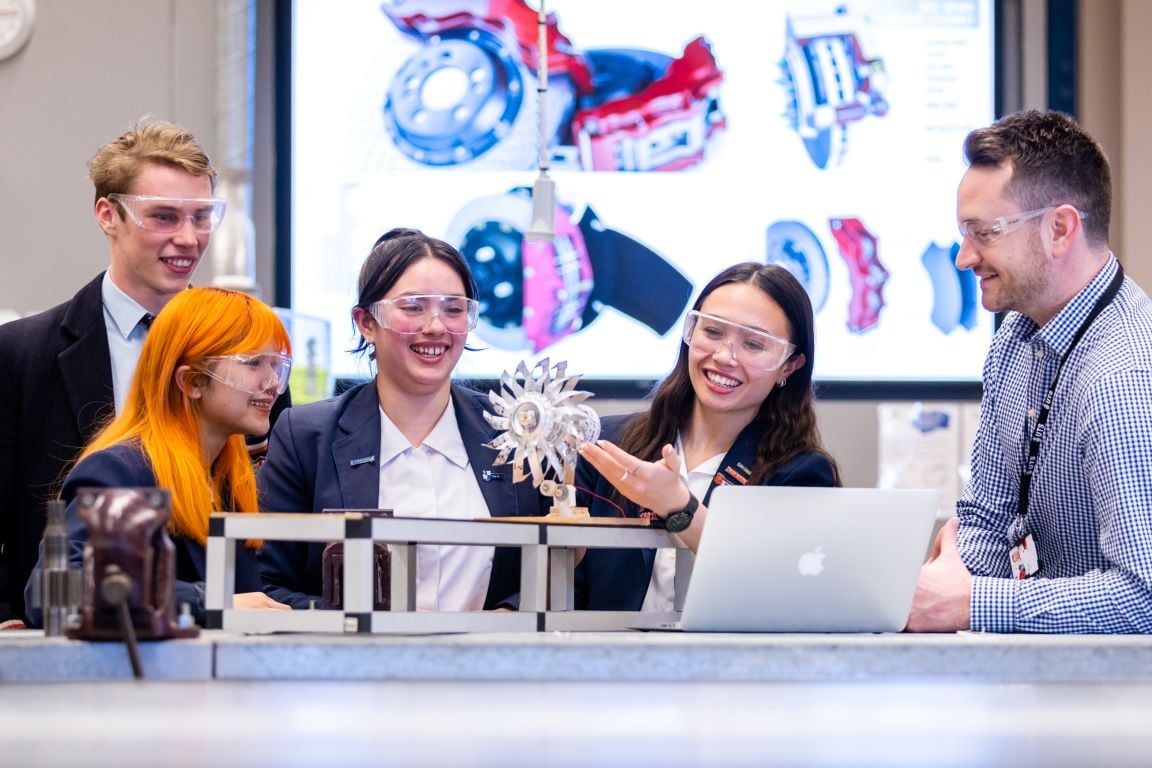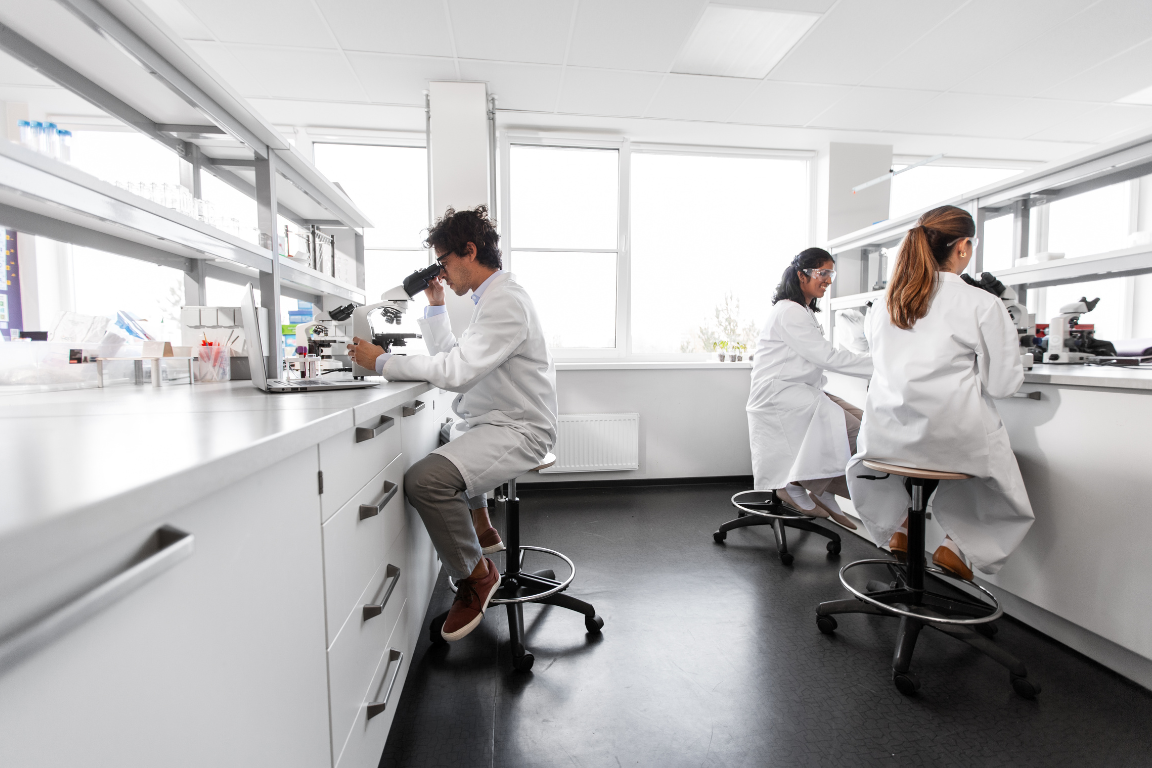1. Simple linear regression I (week one)
Fitting lines to data
- Toy example introduction
- Statistical model
- Method of least squares
- Minimisation of sum of squares
- Normal equations
- Data transformations.
Statistical properties of least squares estimates
- Assumptions
- t-test
- Null hypothesis and upper, lower and two-tail alternative hypotheses
- Test statistic
- Test decision via p-values, rejection regions and confidence intervals
- Individual and mean fitted value confidence intervals
- Working examples.
2. Simple linear regression I (week two)
ANOVA and F-test
- Decomposition of sum of squares
- F-test statistic
- Hypotheses
- Test decision via p-values and rejection regions
- R^2.
Leverage and influence
- Influential points
- Cook’s distances
- Working examples.
Checking modelling assumptions
- Normality via histogram, PP-plots and hypothesis tests of residuals
- Independence via scatter plots and DW statistic of residuals
- Constant variance via scatter plots and Levene’s test of residuals
- Working examples.
3. Multiple linear regression I (week three)
Least squares estimation of parameters
- Scalar representation
- Linear algebra representation.
Statistical properties of least squares estimates
- Assumptions
- t-test
- Null hypothesis and upper, lower and two-tail alternative hypotheses
- Test statistic
- Test decision via p-values, rejection regions and confidence intervals.
ANOVA and F-test
- Decomposition of sum of squares
- F-test statistic
- Hypotheses
- Test decision via p-values and rejection regions
- R^2.
Collinearity
- Variance inflation factors (VIF)
- Working examples.
4. Multiple linear regression II (week four)
Categorical predictors
- Binary dummy variables
- Interaction effects.
Partial sum of squares and partial F-test
- Partitions of parameter sets
- Decomposition of sum of squares
- F-test statistic
- Hypotheses
- Test decision via p-values and rejection regions
- Working examples.
Course delivery
This microcredential will be presented online and will run over four weeks. Each week will consist of a two-hour lecture and 1.5-hour PC lab. Theoretical material will be presented in the lecture and students will work on practical problems during the PC labs, using the R programming language.
To ensure maximum flexibility for participants working full time, the lectures and PC labs will be pre-recorded in MP4 screencast format, for study at a suitable time.


















